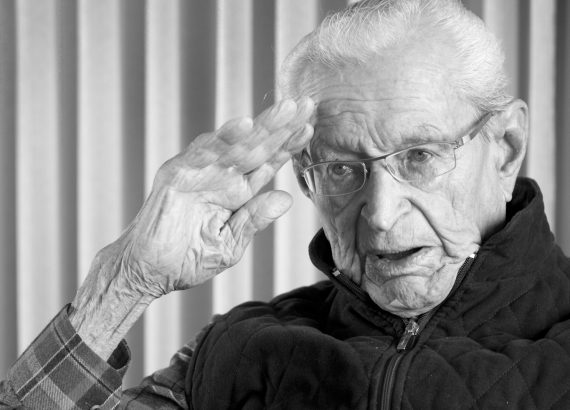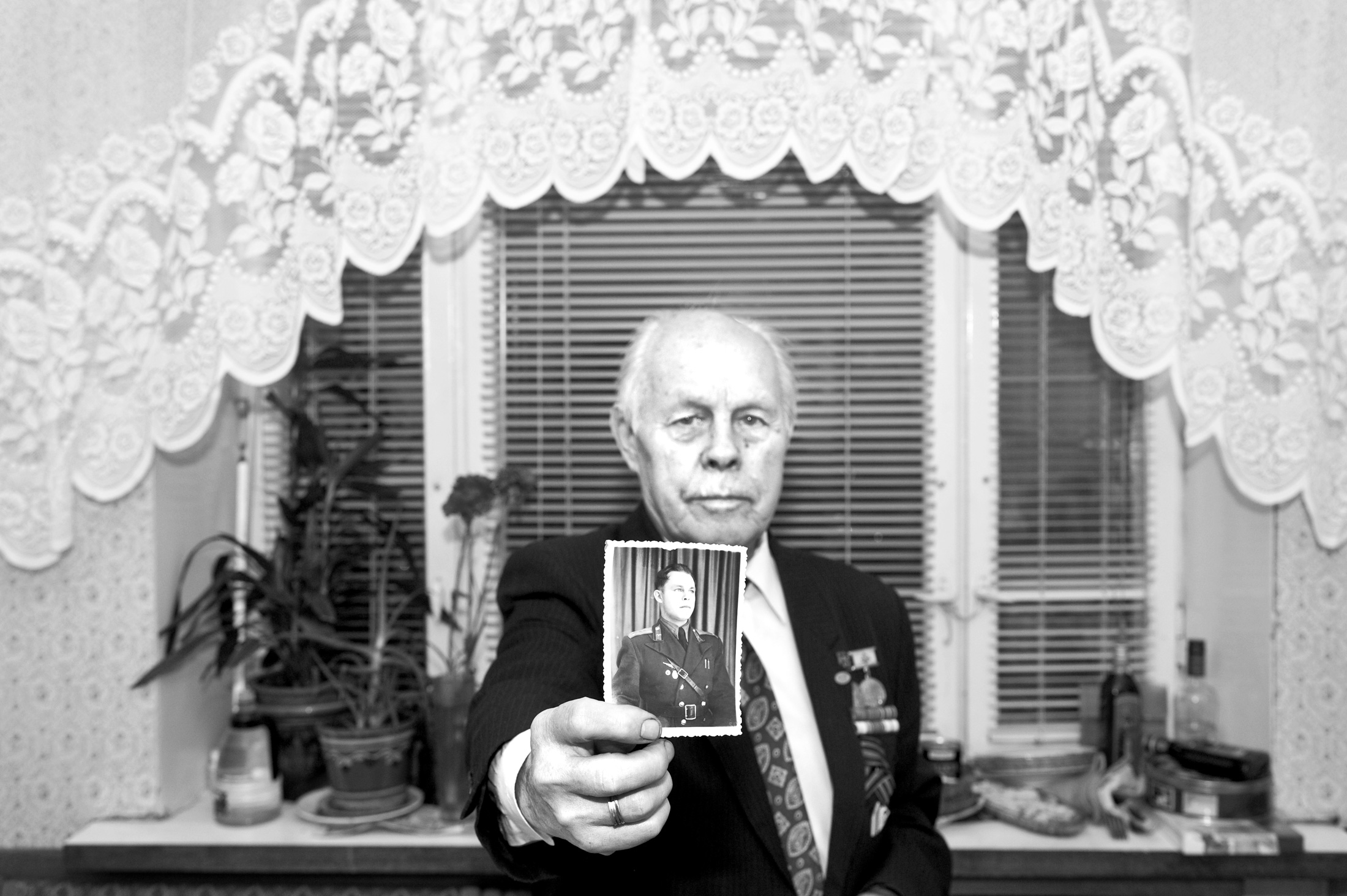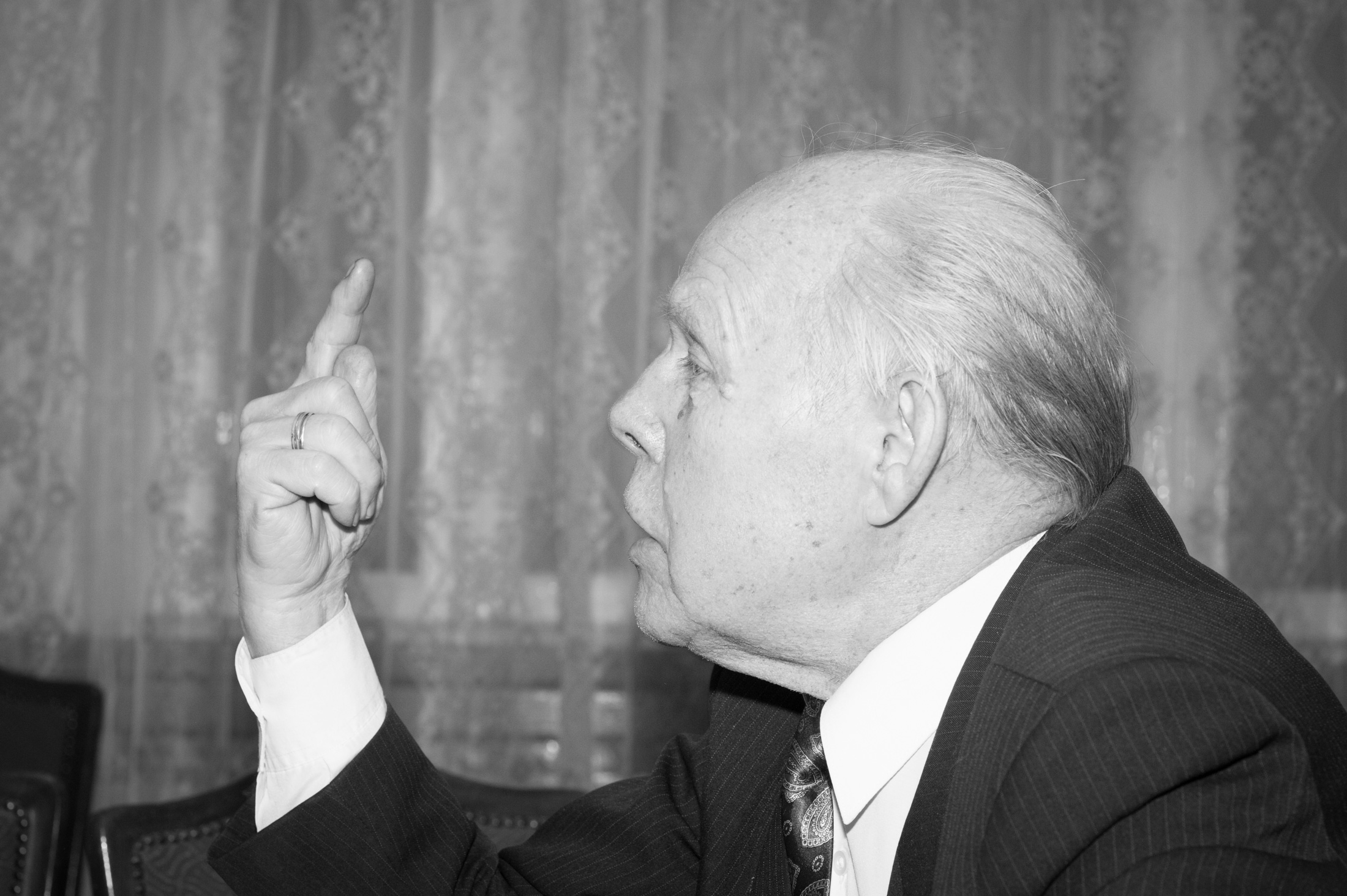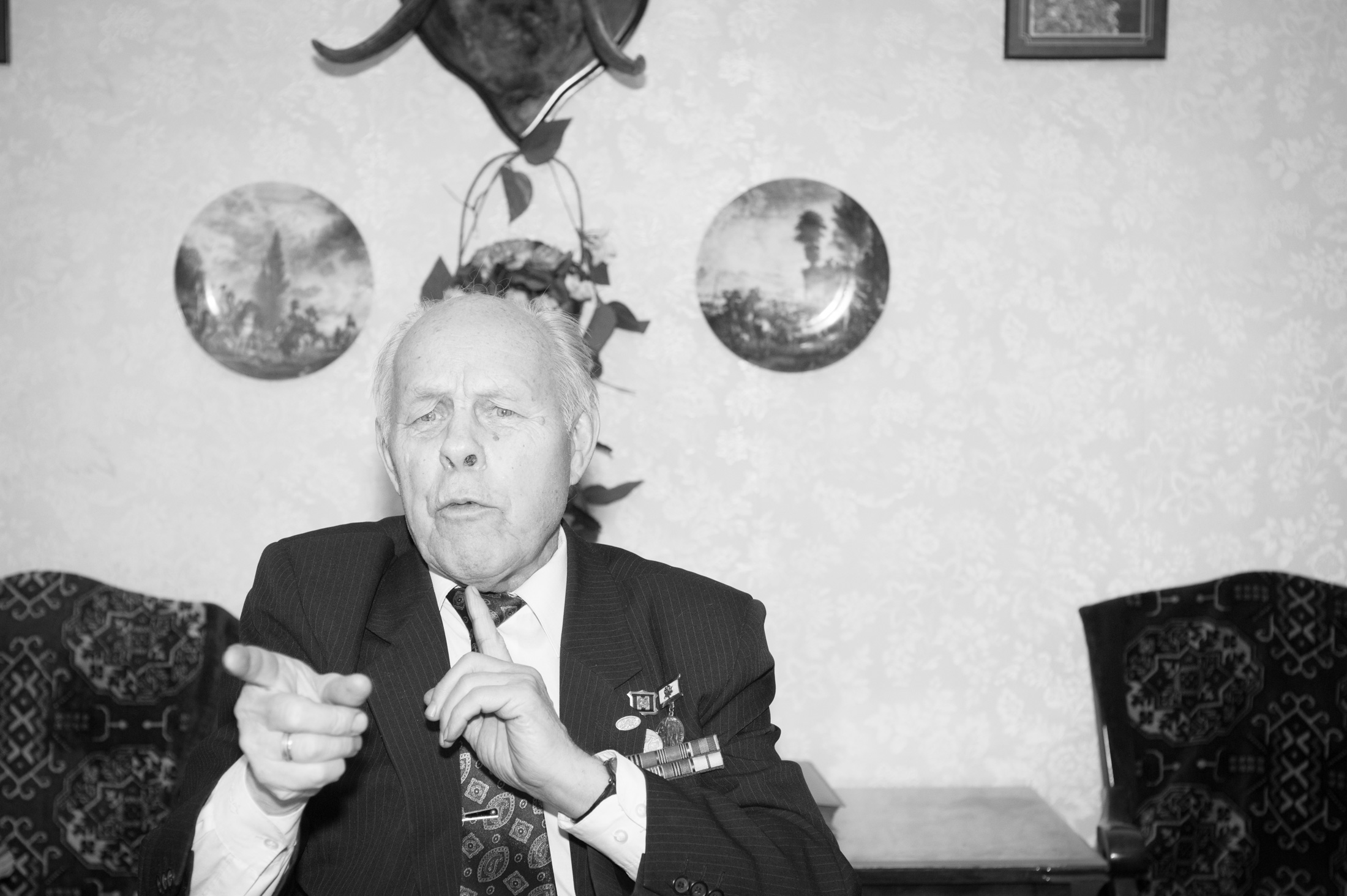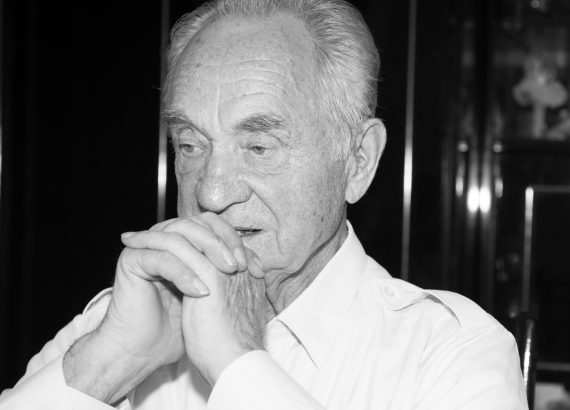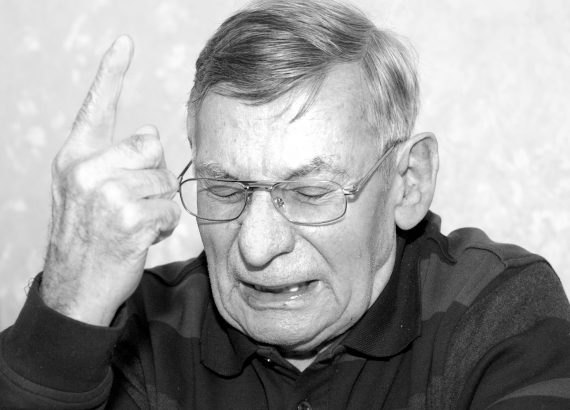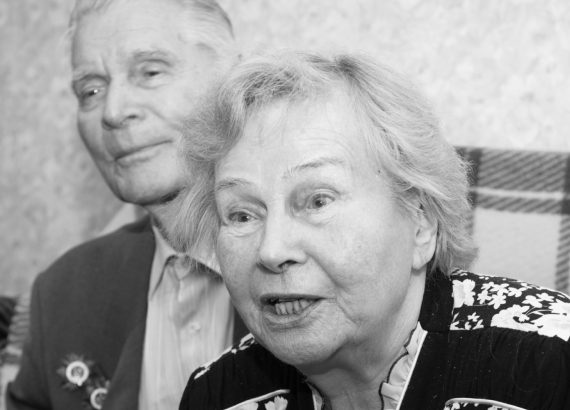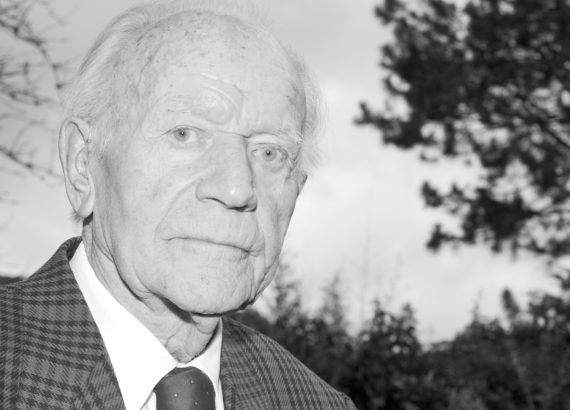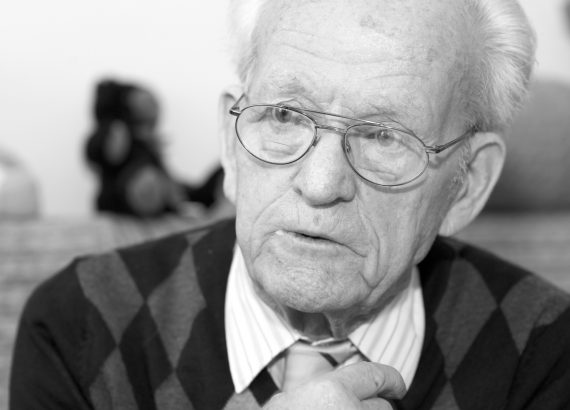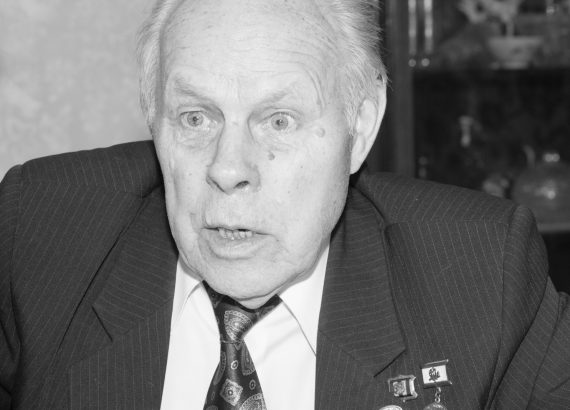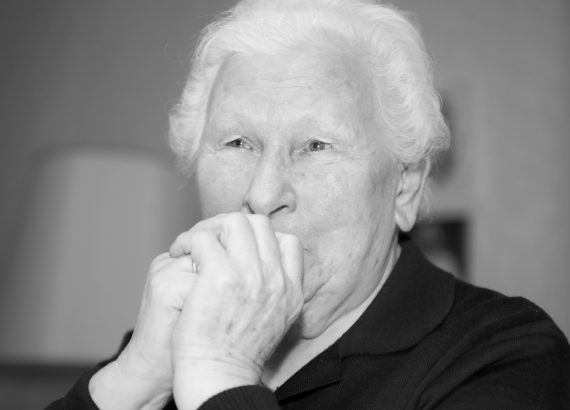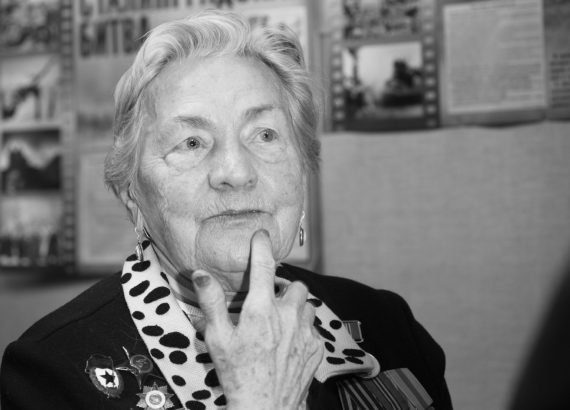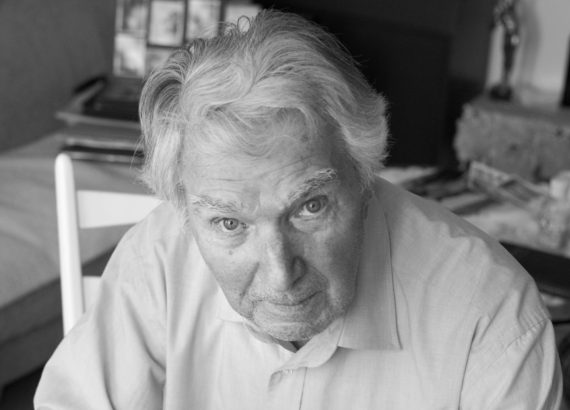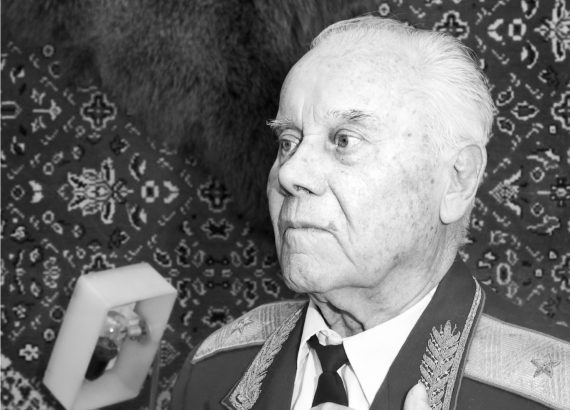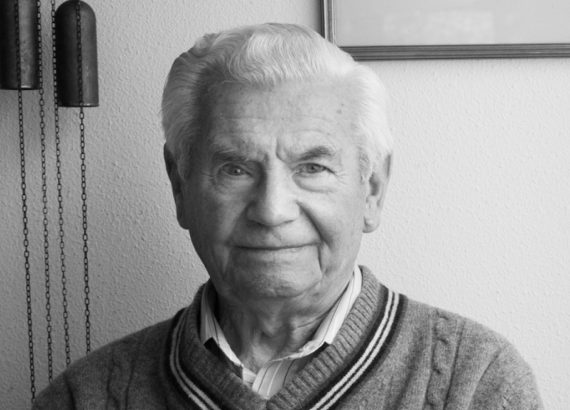Before the war there were 500,000 people in Stalingrad. Add to this 227,000 wounded soldiers who were quartered in various hospitals in and around the city. About as many had been evacuated from Leningrad, Ukraine, West Ukraine, Belorussia. Jews running away from the Germans, understandably, were particularly numerous.
I’d like to dwell on some of the figures that are being published. It’s a pack of lies! Saying that 42, 000 civilians died in Stalingrad. That’s a damned lie. Because Stalin had forbidden evacuation. They evacuated factories and some specialists with them; some people had left, but the majority stayed in Stalingrad. That majority was running scared and getting shot at. Who would count them? They weren’t even counting soldiers, and to think they would count us, let alone precisely, to the man: 42,195! That’s a barefaced lie!
There have been more accurate figures, for instance, in an article in “Pravda” that during the battle of Stalingrad about 200,000 civilians died – that’s as many as in Hiroshima.
I’ll grouch a bit about how they say that Stalingrad was supplied with provisions during the battle. Fat chance! Stalingrad was hungry! The soldiers would occasionally give us something, something we would procure by shifting for ourselves. I remember we went down to the Volga to rescue wet wheat from a broken barge. Mother and I would traipse around the ruins looking for dead horses and slice off some meat. There were no rations or anything during the whole period… Well, the Germans wouldn’t feed us either. Although they would sometimes offer us a treat. I remember when they arrived they offered us some margarine and something else.
When after the war it was necessary to find our Stalingrad documents, Father was requesting them from the Stalingrad archive. And he was told that there were no papers concerning our family whatsoever! As if we had never lived in Stalingrad or had never been taken by the Germans. Nobody knew anything. So there is again the point about 42,000 killed: who could have really counted them if the Archive has no information even about us?! How many of us had been evacuated? How many had been deported to Germany or someplace else? There are no exact figures!! So when they broadcast these figures, I have no idea what it is done for. Archive materials are gone; they only have fake figures.
